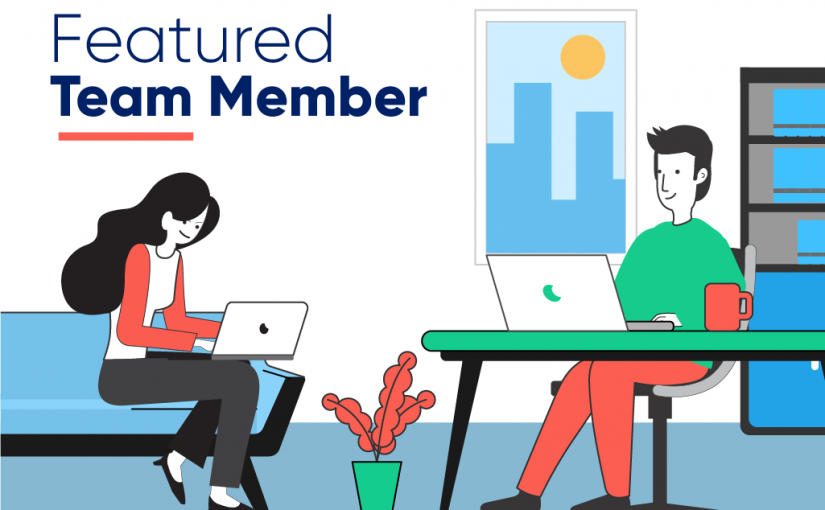Are you a creative type? Are you looking to grow your business and your personal network? If so, this blog post is for you. I’ll be sharing my insights on how to be more social and build connections that will help propel your career forward and give you the opportunities that come with it.
It’s not just about meeting new people and shaking their hand. Networking is building relationships with other professionals who can help you grow your business or career in a variety of ways—from introducing you to potential clients to hiring you for a project.
Know Your Niche

The first step when trying to find ways to network as a creative is establishing your niche, that is, what your unique talents and skills are and the audiences that are looking for your expertise. Make sure to take the time to brainstorm. The more specific and distinct your niche is, the better.
Your Professional Profile

Your niche should be reflected in your personal website, online portfolio, and LinkedIn profile. While you may not know exactly who’s looking at these places yet, you can narrow your search by looking for keywords related to your niche in the content on these spaces. What companies in your field are hiring? What opportunities are most desired? What are the differences between your skills and the skill set of others?
Vigilance
When developing your personal network, it’s pays to stay vigilant, especially if you’re a freelancer. It’s important to always be on the look out for new opportunities. There are many things you can do to expand your network and get the chance to meet new people. And while you can never make a connection happen by sheer luck, you can definitely turn luck in your favor by staying open to opportunities and showing up. Being in the right place at the right time can make all the difference in the world.
Ways To Connect

If you’re looking to connect with creative people in your area, here are a few tips on what to do.
Local Meetups
Take the time to visit a local meetup group or conference that caters to your skills and expertise. Meetups allow you to learn new skills in a social and relaxed environment, all while interacting with others in your field. You’ll make valuable connections with other creative people, potential business partners, and can learn skills that will aid your job search in the future.
Once you’ve visited one or more meetups, then start reaching out to people in the area. Reach out to individuals on LinkedIn, Facebook, and Twitter. Find out about opportunities that are relevant to your area of expertise.
LinkedIn Groups
LinkedIn is a great place to start. Look for groups that focus on your specific niche, then join a few. The more people in a group, the more opportunities you’ll have to meet people and make new connections. Be sure to stick to the group’s approved rules and avoid groups that spread fake news or present questionable connections.
Other Professional Networks
Networking groups are similar to meetups in the sense that they allow you to connect with other creative professionals in your area. Unlike the meetups, however, you’ll be interacting with people on a professional level and not just a social level. In addition, consider joining associations, guilds, and even non-for-profit groups in your area.
Blogging is another great way for creatives to make connections with other professionals in the field. Blogs provide a platform for creative individuals to connect with each other and share ideas, thoughts, opinions and more. The blog also provides readers who may be interested in your services an opportunity to learn more about you online, instead of meeting you at a networking event where you’ll be less likely to get quality time alone.
In sum
Some would say that the creative industries are a giant game of “who do you know”. It’s true — you have to make connections. The key word here being “make” as any good networking guru will tell you: it takes work and making a name for yourself can be difficult.
Stay open to the opportunities in your area and field of expertise, and remain willing to foster new connections by developing the skills you will need when they’re called for. The more specific you are about who you are and what you’re looking for, the more likely you’ll be able to find it.
Remember to know your worth. Most creatives start out working for free, for exposure. It’s important to realize that while this is an inevitable part of the journey, there comes a time when you’ll need to be paid for your hard work. You are no different than any other professional, know what deserves compensation and don’t settle with anything less.















































